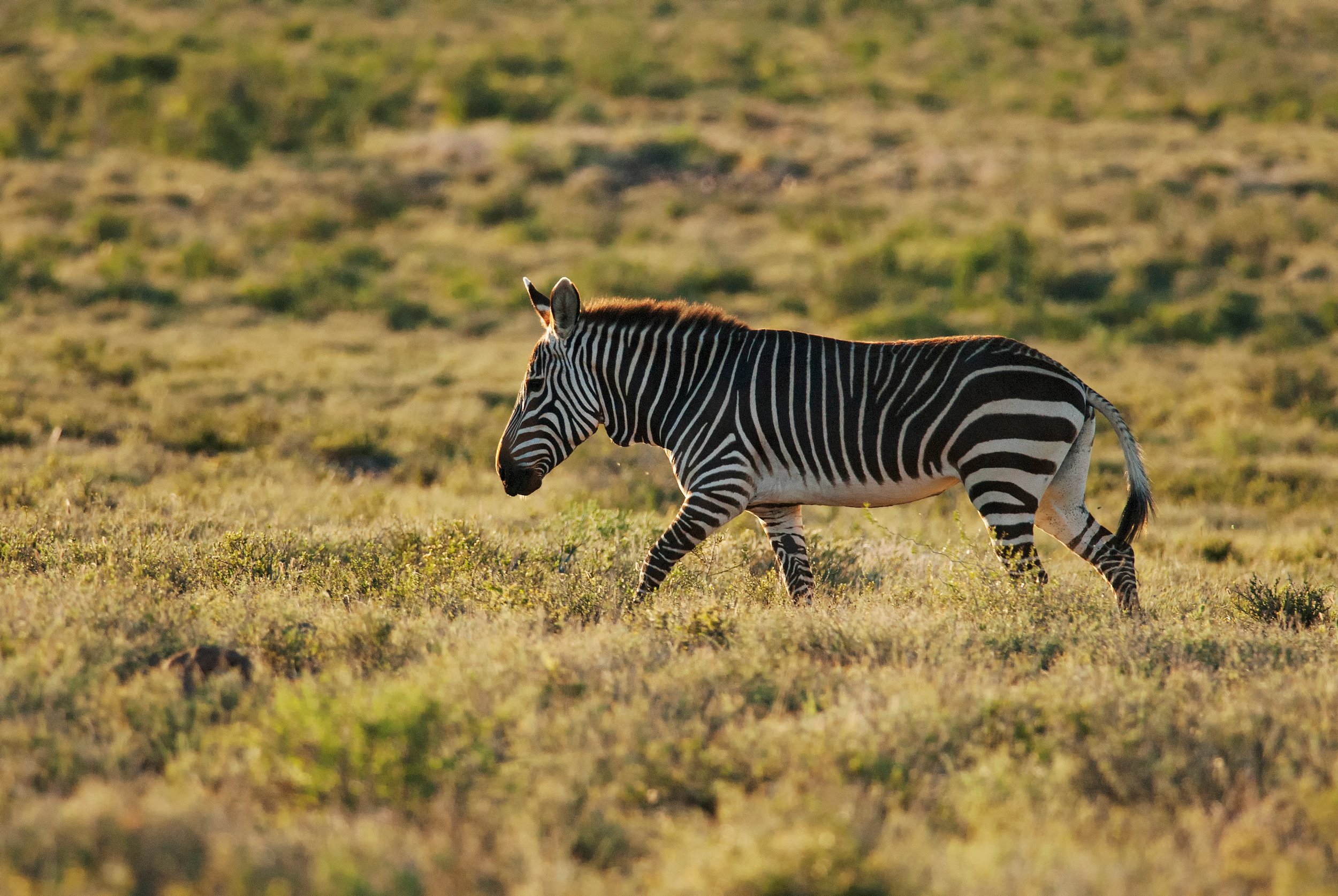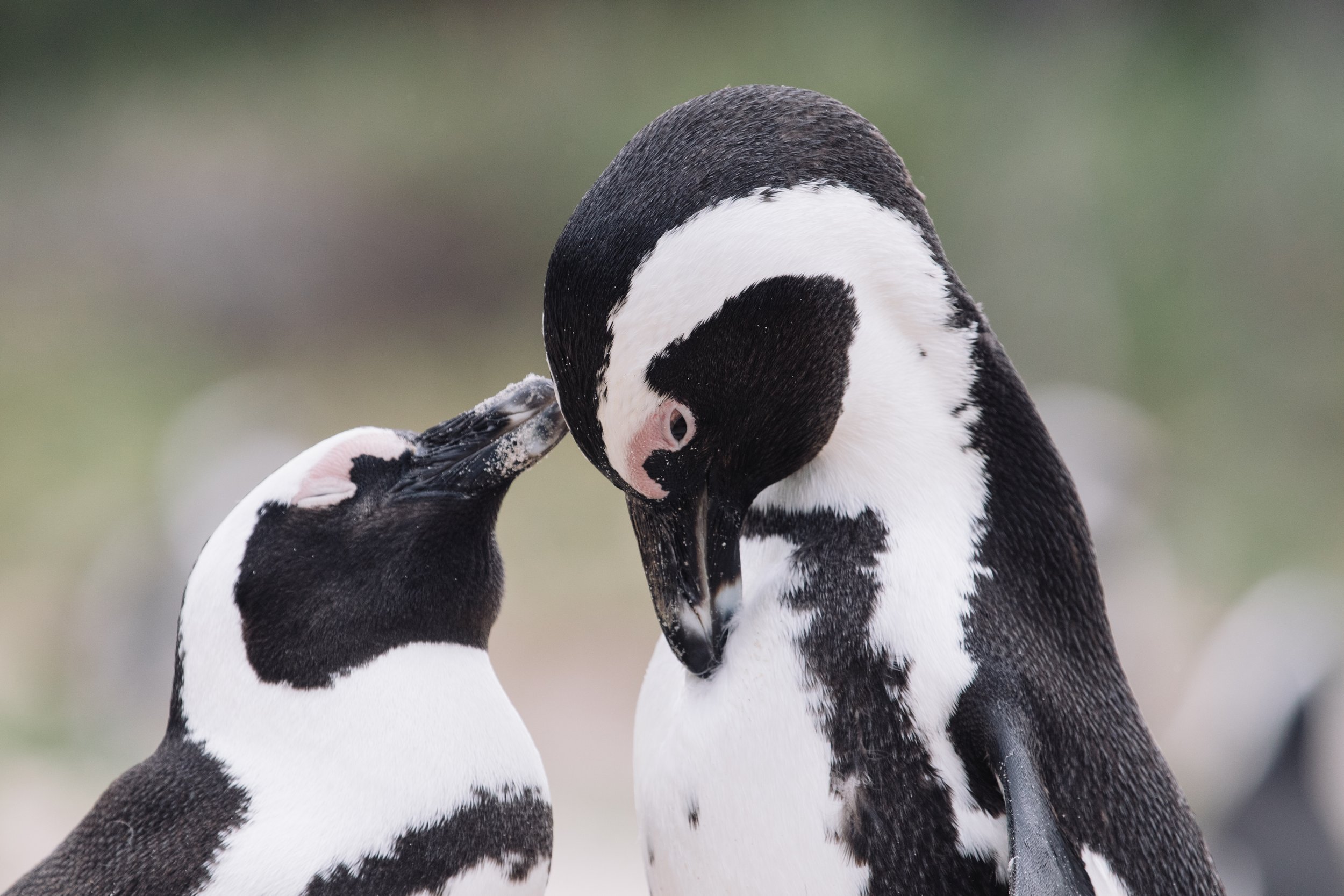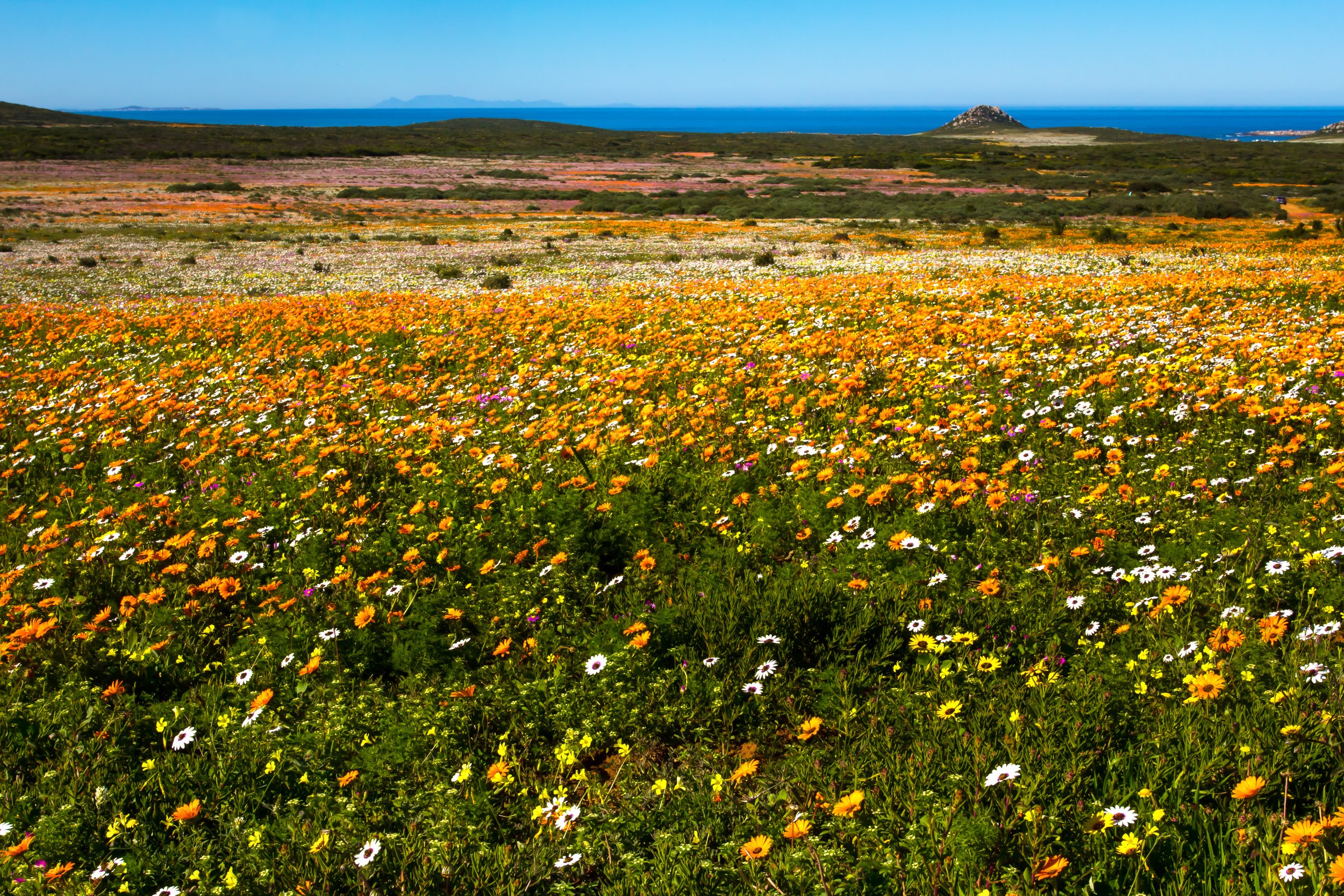Explained: National Parks in South Africa
Written by Lesedi Chocho
With 19 national parks located all across the country, travellers from all corners of the globe can experience nature conservation at its best with a visit to South Africa’s national parks.
Nature enthusiasts and first-time safari-thrill seekers have a plethora of national parks to choose from, with awe-inspiring experiences for all. From an African safari or early morning game drives, spotting the Big 5 (and the Ugly 5), or simply taking in the majesty of South Africa’s landscape, South Africa’s national parks are unforgettable destinations.
Read on for a list of our favourite South African national parks, each with its unique landscape and diverse animal species.
About SANParks
The South African National Parks (SANParks) was first established in 2003, with its primary mandate to oversee the conservation of South Africa’s biodiversity, landscapes and associated heritage assets through a system of national parks. SANParks is currently responsible for the management of 19 national parks in all 9 provinces across South Africa (see map of national parks). The work of SANParks focuses on building strategic partnerships at international, national and local levels, in support of the conservation of the natural and cultural heritage of South Africa.
Which South African national parks should you visit?
Addo Elephant Park
Addo Elephant Park is the third largest game reserve in the country and is popular for its large elephant herds that inhabit the area. This game reserve provides guests with activities like riveting game drives and night safaris that allow them an up-close glimpse into the lives of the Big 5. Guests can take part in a specialised photographic safari in which they try their hand at capturing that perfect shot.
Agulhas National Park
At Africa’s most southern tip, where the Atlantic and Indian oceans meet, Agulhas National Park consists of a rich diversity of flora and archaeological finds. Visitors to the park have the opportunity to discover its fascinating ecological habitats, weathered shipwrecks, national monuments and relics of ancient settlements in this remarkable nature conservation area. This stretch of coastline is home to a rich diversity of marine and intertidal life. Bird-watchers may relish the opportunity to spot the rare African Black Oystercatcher, while travellers can keep a lookout for Southern Right Whales on their seasonal migration during the second half of the year.
Bontebok National Park
The smallest national park in South Africa, Bontebok National Park has the highest density of rare and endangered birds, fynbos species, and animals. This Western Cape nature reserve contains indigenous South African plant life that is found nowhere else in the world. Located at the foot of the Langeberg Mountains, the park was initially established to protect the bontebok antelope from extinction. These days, thanks to the conservation efforts within Bontebok National Park, the species of antelope after which the park was named has been brought back from the brink and today roam freely in sustainable numbers.
Garden Route National Park
Spanning an impressive 121 000 h across the 2 coastal provinces of the Eastern and Western Cape, Garden Route National Park is an example of 'conservation without boundaries. The park includes the existing Wilderness and Tsitsikamma national parks and the Knysna Lakes area. The Garden Route National Park is regarded as a critical focus area and is home to 60 500 h of indindigenous forest – the largest continuous complex of forest in the country. The fynbos found within the park is part of the Cape Floristic Region and is a global diversity hotspot.
Karoo National Park
Home to the largest ecosystem in South Africa, the Karoo National Park hosts a spectacular diversity of life that has adapted to the harsh conditions and unforgiving landscape of the Great Karoo area. Dominated by rolling plains and the lofty Nuweveld Mountains, this national park is home to a variety of animal species, such as the endangered black rhino, buffalo, and the Cape mountain zebra. With over 20 breeding pairs of black eagle within the park, nature enthusiasts are sure to have opportunities for spectacular close-ups on early morning game drives around the park.
Kruger National Park
The renowned Kruger National Park is South Africa's largest national reserve and without a doubt its most well-known. Stradling the provinces of Limpopo and Mpumalanga in the northeast of South Africa, the park was proclaimed in 1898 by former president Paul Kruger as the Sabie Game Reserve, serving as protection for the local wildlife. In 1926 the National Parks Act was proclaimed and with it, the Sabie and Shingwedzi Game Reserves were merged into Kruger National Park. Today, the park is a much-needed sanctuary for South Africa’s crucial biodiversity, from indigenous vegetation to diverse wildlife, the famous Big 5 to lesser-known endangered species.
Table Mountain National Park
Previously known as the Cape Peninsula National Park, Table Mountain National Park is part of the larger UNESCO World Heritage Site known as the Cape Floral Region World Heritage Site. The park protects over 1,100 indigenous plant species, several of which are endemic, meaning they occur nowhere else on earth. The park contains 2 well-known landmarks: the famous Table Mountain, after which the park is named; and the Cape of Good Hope, the most southwestern extremity of Africa. Visitors to the park have the unique opportunity of viewing humpback whales, Bryde’s whales, southern right whales, and killer whales (also known as orcas) from along the park’s coastal boundary.
|Ai-|Ais/Richtersveld Transfrontier Park
Located in the Northern Cape Province, and straddling the border between South Africa and Namibia, the Ai-Ais Richtersveld Transfrontier Park is rich in plant and animal species that have adapted to survive in this harsh desert landscape. The national park was created in 2003 when the Namibian ǀAi-ǀAis Hot Springs Game Park and the South African Richtersveld National Park were combined. Today The park is regarded as a truly unique mega-ecosystem, with 1 sq km containing more than 360 different plant species, in a place that receives an average rainfall of only 68 mm per year.
West Coast National Park
Spanning the length of the coastline north of Cape Town along the Atlantic Ocean, West Coast National Park boasts beautiful views of the azure waters and fynbos landscape. Set within the Cape West Coast Biosphere Reserve, which is part of the UNESCO Man and the Biosphere Programme, the park is a laid-back haven for bird watchers and nature enthusiasts alike. Visitors to the park can spot large antelope like eland, red hartebeest, bontebok, kudu and gemsbok, while the Postberg section of the park hosts ostriches and mountain zebra.
South African National Parks Bucket List
- Seek out the Big 7 at Addo Elephant National Park
- Stand at the southernmost tip of Africa at Agulhas National Park
- Complete the Otter Trail at Garden Route National Park
- Go on a Wilderness Trail at Kruger National Park
- Swim with penguins at Table Mountain National Park
South Africa’s diverse range of national parks all encompass SANParks' mission to conserve and sustain the country’s riveting natural habitats and thrilling wildlife. Are you ready to experience all South African natural parks have to offer? Book your first sustainable trip to any one of these 9 exciting destinations with Viatu.




















